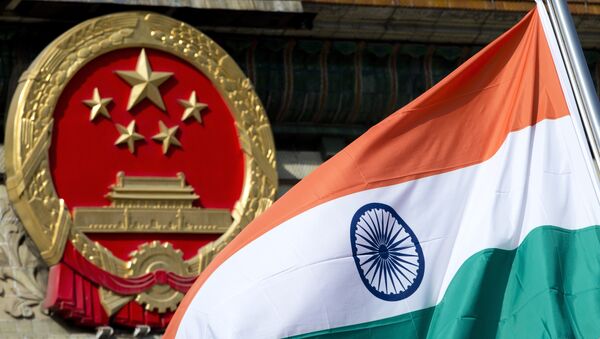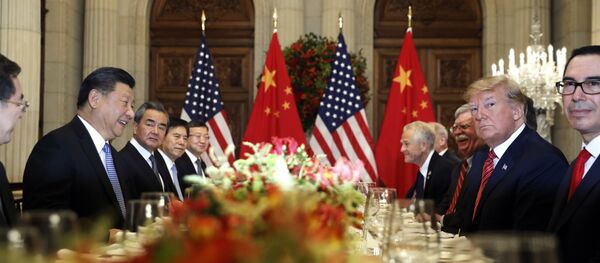China has proposed unity to the Indian government in an attempt to bypass “protectionist” and “unilateral” trade policies imposed by the US against various countries since the beginning of the Trump administration.
The US has slapped 25 percent tariffs on Indian steel and 10 percent on aluminium. Earlier this month, the US stripped India of its special trade status, an arrangement which allowed for an annual export of over $5 billion worth of goods to the US. These latest moves have begun to strain Washington’s relations with New Delhi.
Chinese Vice Foreign Minister Zhang Hanhui said “trade frictions between China and the US and the spectre of trade frictions between the US and India” are of vital importance for talks between the two countries currently under pressure from Washington.
“Trade protectionism and unilateralism are very much on the rise," Zhang said, stressing the need to respond to "bullying practices of the United States.”
He emphasised the necessity that China and India should reach an understanding on “upholding justice and opposing trade protectionism” in global trade. Zhang also expressed a desire to see the neighbouring nations in agreement on bilateral relations.
The comments come before Chinese President Xi Jinping's anticipated meeting with President Modi of India during an event at the Shanghai Cooperation Organisation (SCO) summit, which begins in Bishkek, Kyrgyzstan this week.
The top official’s comments echo President Xi Jinping’s own statements in Davos last year calling for "global development" and upholding China’s commitment to multilateralism” for the sake of "a community of common destiny”.
READ MORE: Russia, India and China Grouping Key Discussion Forum of Global Issues: Ex-Envoy
The Chinese telecoms giant, Huawei has seen itself placed on the frontline of the US-China trade war as the US threatens to restrict trade with countries which conduct business with the company.
According to CNBC, Gary Shapiro from the Consumer Technology Association described the tariff war as an “economic fence” and “not a good strategy” which could ultimately push the US into recession.



